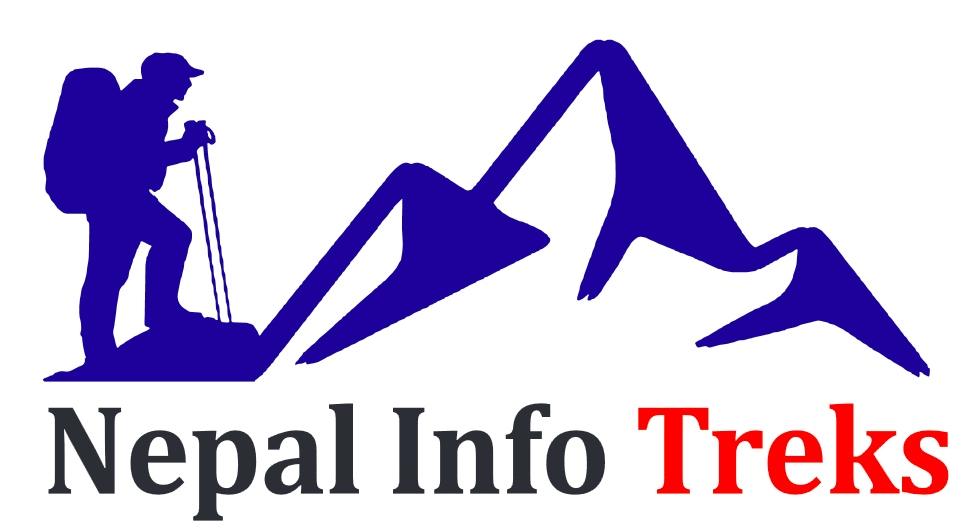BEFORE TRAVEL

Certainly, safety guidelines are essential to ensure a smooth and secure travel experience in Nepal. Here are some key safety tips to consider while visiting Nepal:
-
Health Precautions:
- Vaccinations: Consult your healthcare provider or a travel medicine specialist to understand the recommended vaccinations before traveling to Nepal. Common vaccines include Hepatitis A and B, typhoid, tetanus, and diphtheria.
- Altitude Sickness: If you're planning to trek in higher altitudes, acclimatize gradually and be aware of the symptoms of altitude sickness. It's essential to understand the risks and take necessary precautions.
-
Travel Documents and Safety:
- Passport and Visa: Ensure your passport is valid for at least six months beyond your intended stay in Nepal. Keep your passport, visa, and other important documents in a safe and secure place.
- Copies of Documents: Have photocopies or digital copies of important documents (passport, visa, travel insurance, etc.) in case of loss or theft.
-
Local Laws and Customs:
- Familiarize yourself with Nepalese laws and customs to respect local culture and avoid any unintentional violations that could lead to legal issues.
-
Safety in Public Places:
- Stay vigilant in crowded places, tourist areas, and public transportation to prevent pickpocketing and theft.
- Be cautious when crossing streets, as traffic conditions can be chaotic in some areas.
-
Natural Disasters:
- Nepal is prone to natural disasters like earthquakes and landslides. Be aware of emergency procedures and follow any advisories or warnings issued by local authorities.
-
Trekking Safety:
- If you're trekking, especially in the Himalayas, hire a licensed guide and porter from a reputable agency. They can offer support, local knowledge, and emergency assistance.
- Carry necessary trekking gear, stay hydrated, and be mindful of altitude-related risks.
-
Responsible Tourism:
- Respect the environment and local culture. Leave no trace, follow designated trails, and support local businesses and communities.
-
Communication and Emergency Contacts:
- Keep emergency contact numbers handy, including the local police, your country's embassy or consulate, and any relevant medical services.
- Share your itinerary with a friend or family member and stay in regular communication with them.
-
Transportation Safety:
- Use reputable transportation services. Be cautious while traveling on roads, especially in remote areas, as conditions might be challenging.
-
Food and Water Safety:
- Drink bottled or boiled water to prevent water-borne diseases. Be cautious with food hygiene, and avoid consuming raw or uncooked food.
- Travel Insurance:
- As previously mentioned, having comprehensive travel insurance can provide coverage in case of emergencies, medical issues, or unexpected situations.
By being aware of these safety guidelines and taking necessary precautions, you can significantly enhance your safety and enjoyment while traveling in Nepal. Always stay informed, use common sense, and be respectful of local customs to have a memorable and safe journey.
